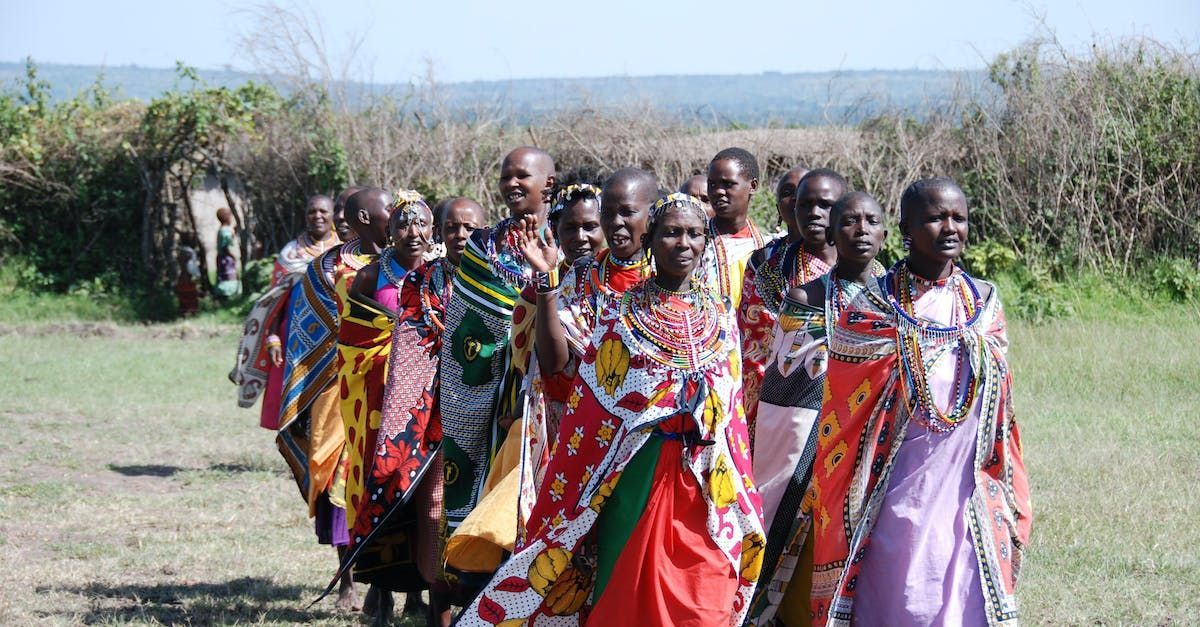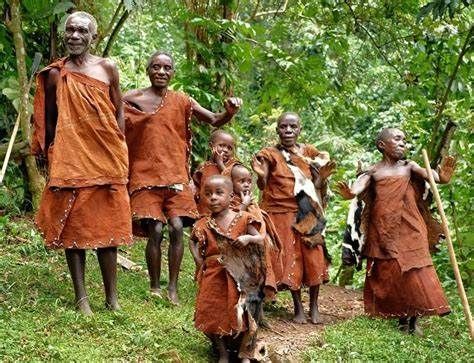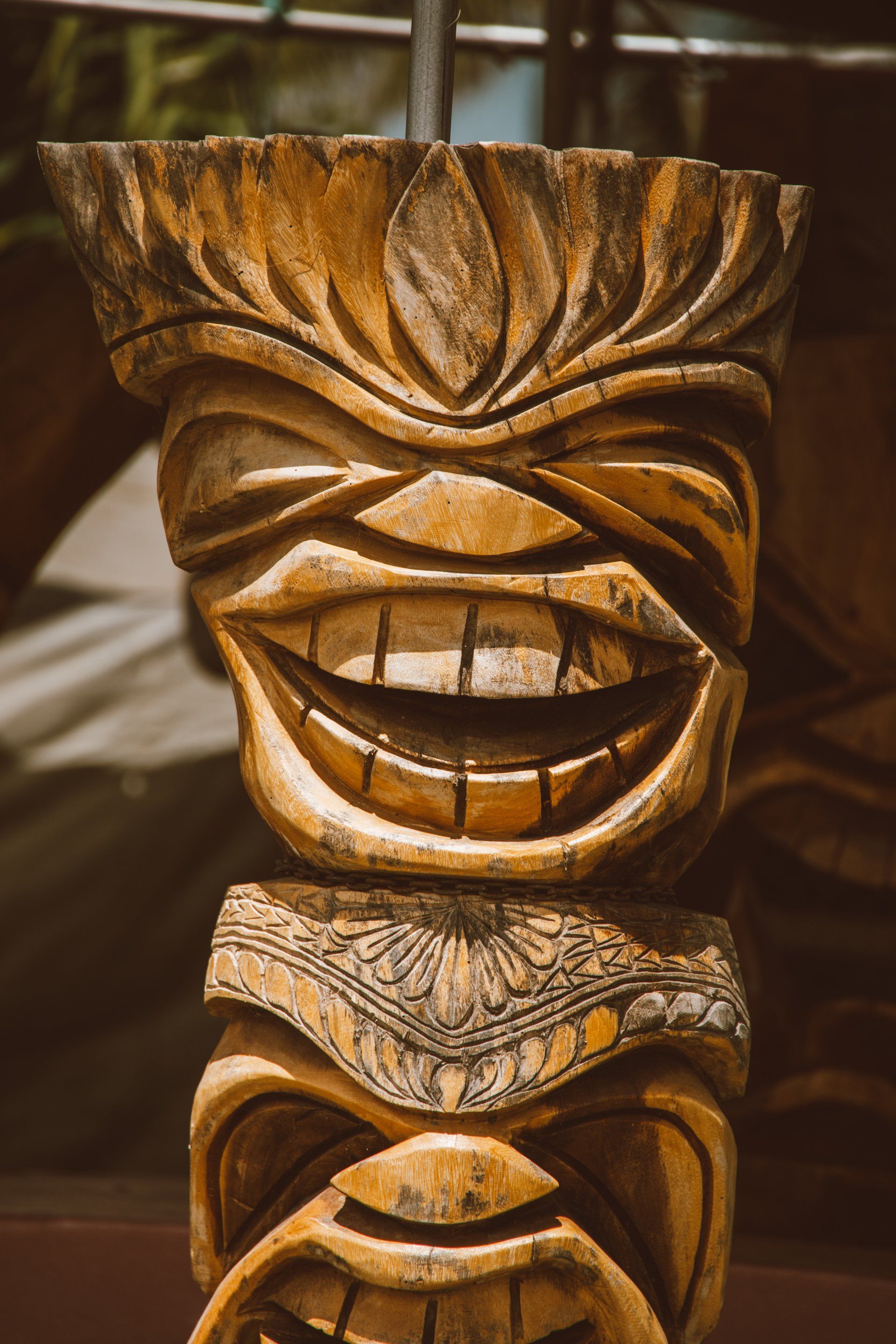Tribal Tuesday: Maasai
"It takes one day to destroy a house; to build a new house it will take months and perhaps years. If we abandon our way of life to construct a new one, it will take thousands of years."
-Maasai People Proverb

Originating from the East African region, the Maasai people have long been recognized as one of the most iconic and distinctive ethnic groups on the African continent.
The Maasai tribe, with a population of approximately 1.5 million, predominantly resides in Kenya and Tanzania. Their unique way of life, deeply rooted in tradition and customs has fascinated anthropologists, historians, and travelers alike. The Maasai are renowned for their distinctive attire, adorned with vibrant colors and intricate beadwork, which serves as a visual representation of their cultural identity. These vibrant adornments are not only aesthetically beautiful but also carry cultural and symbolic significance.
Central to the Maasai's cultural fabric is their nomadic pastoralist lifestyle. Historically, the tribe has relied on cattle herding as their primary means of sustenance. The Maasai's deep connection with their livestock is not merely economic but also spiritual, as they believe that their cattle are a divine gift from their supreme deity, Enkai. Their cattle hold great significance to them, symbolizing wealth and status. They have a deep connection to the land and live in close harmony with nature. This profound spiritual bond is reflected in their rituals, ceremonies, and folklore, which celebrate the harmonious coexistence between humans and animals.
Furthermore, the Maasai's social structure is built upon a patriarchal system, where men are responsible for herding and protecting the livestock, while women play a vital role in maintaining the household and raising children. Despite the traditional gender roles, the Maasai society values the contributions of both men and women, recognizing the importance of their collective efforts in ensuring the tribe's prosperity.
Maasai society is organized into age groups, and each stage of life holds specific responsibilities and privileges. They have a strong warrior tradition, and their warriors, known as Morans, play a crucial role in protecting the community and their livestock. In Maasai culture, young boys undergo a rite of passage to become warriors. This transition from childhood to adulthood involves a series of rituals, tests, and teachings that prepare them for their future roles. During this process, they learn essential skills such as hunting, herding, and combat techniques. Morans are responsible for safeguarding the Maasai community from external threats, including predators that may pose a danger to their livestock. They are skilled with weapons like spears, and bows and arrows, which they use for self-defense and protecting the community when necessary.
Apart from their protective duties, Maasai warriors also demonstrate their bravery and strength through various rituals and ceremonies. These ceremonies often include jumping contests known as "adumu" or "the jumping dance," where warriors showcase their agility and endurance by leaping high into the air. It is a symbol of their physical prowess and is often performed during celebrations and cultural events. The warrior tradition among the Maasai represents courage, resilience, and a deep sense of community responsibility. While the role of warriors has evolved over time, their historical significance and cultural importance remain integral to Maasai identity and heritage.
The Maasai people have a rich oral tradition and storytelling plays a central role in their culture. Their folklore, legends, and myths are passed down through generations, preserving their history and values.
However, the Maasai tribe faces numerous challenges in the modern world. Rapid urbanization, encroachment on their ancestral lands and the impact of climate change have posed significant threats to their way of life. As a result, the Maasai people have had to adapt and find a delicate balance between preserving their cultural heritage and embracing the opportunities and advancements of the 21st century. Efforts are being made by various organizations and individuals to support the Maasai tribe in their journey towards sustainable development. Initiatives focusing on education, healthcare, and economic empowerment have been instrumental in empowering the Maasai community, enabling them to navigate the complexities of the modern world while preserving their unique identity.
In conclusion, the Maasai tribe stands as a testament to the resilience and cultural diversity that exists within our global community. Their vibrant traditions, deep-rooted spirituality, and harmonious relationship with nature serve as an inspiration for us all. As we continue to celebrate and appreciate the Maasai tribe, let us also strive to protect and preserve the cultural heritage of all indigenous communities, ensuring that their voices are heard and their legacies endure for generations to come.
Visit Maasai Association | Mission (maasai-association.org) for information on how you can help integrate the Maasai people into the modern world, while preserving the culture through education, health, environmental conservation, and economic development.
customercare@naturallynaquai..com
naturallynaquai.com
@naturallynaquai
2641 S State S, STE A
South Salt Lake, UT
84115
Naturally NaQuai 2021


